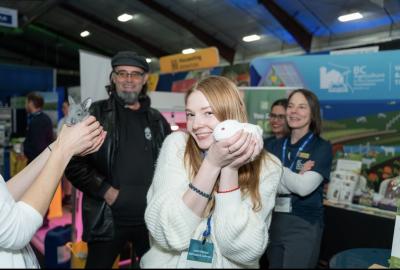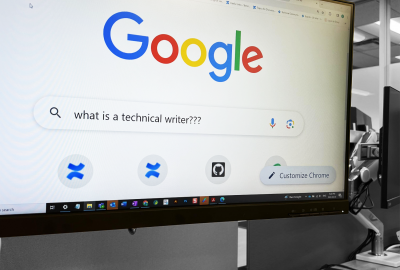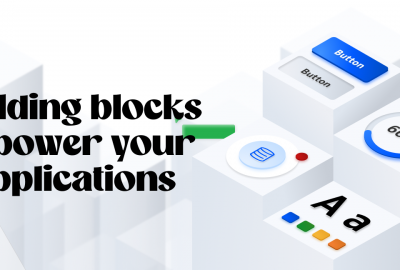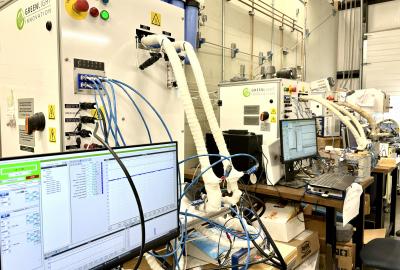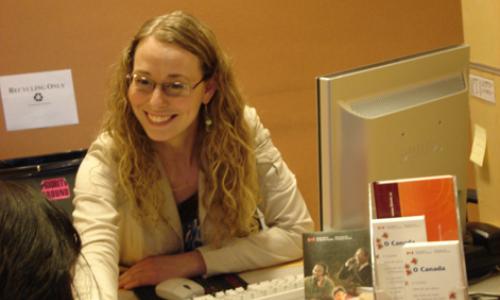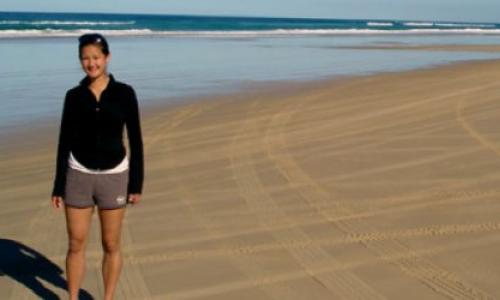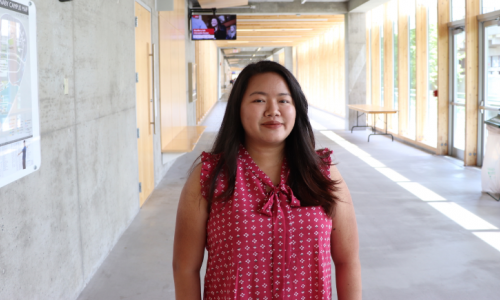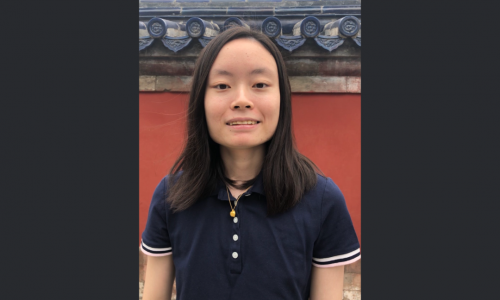
Here is a 5-step guide for having a successful midterm season. Enjoy, and get studying!
Step 1: Use a calendar.
I know, “a calendar?”, how cliché. But, trust me on this.
I don’t have one of those calendars on my phone which I can access from anywhere. I buy a physical calendar (the SFU Bookstore has a great one) and I fill in all my assignments, essays, and tests that are due in the next month.
The reason I use a physical calendar is because it forces me to memorize all my due dates as the only way I can access the calendar is when I’m at home and like every university student, I am barely home. Memorizing my due dates means that I am on top of all my work, and I never forget when an assignment is due.
Step 2: Do all the stuff on your calendar.
I’m pretty sure you’re thinking, “well, duh!”
Let me explain this in weeks. Let’s say in week 4 I have two assignments due, in week 5 I have 1 midterm and 1 essay, and in week 6 I have 2 midterms and 1 online quiz. Towards the end of week 3 and beginning of week 4, I focus myself on all my assignments, essays, and quizzes.
The reason I do this is because I want to give my other work maximum attention before I am overwhelmed and drowned in the sea of midterms. Plus, finishing your other work before midterm season properly starts means that you can use up the rest of your studying time focused on your midterms.
Step 3: Find out the study method that works best for you.
It took me a long time to find out which study method works best for me. For an entire year of university, I was using flashcards. Another year, all my notes were handwritten, and lately, I type out all my notes and print them out (e.g. 6 weeks of content on 6 pages). My point is, everybody learns/studies differently and there is no single effective way to study. Pick a method that you won’t get bored with. I stopped using flashcards because it would take FOREVER to get through and I would easily get bored and demotivated.
It is also important to note that different classes might require different studying methods. I am currently in an economics class in which I hand write my notes, even though I haven’t handwritten notes for any other class in 2 years. Although this might not be the "best" method for me, it is the best method for the class, and I have to accept that. Once you find the best method that works for you, the rest is (relatively) easy.
Step 4: Study!
I’m pretty sure by now you’re rolling your eyes. I’d be rolling my eyes as well.
Make sure you start studying in advance. I usually start my studying about 3 or 4 days before my midterm. Starting early means that you are not put under pressure and in a hurry to cram all the material. It also gives you enough time to go over the material that you find to be most difficult. Also, try to figure out if you study best alone, or with a group of people. Personally, I like studying alone, but I also find group reviews (after I have exhausted all the material) to be helpful.
Step 5: Get enough rest.
During midterm season I get a minimum of 6 hours of sleep every night. The truth is, if you’re not well rested, studying becomes hell. I also make sure to give myself enough breaks (i.e. 15 minutes every hour or 30 minutes every two hours). During my breaks, I go on my phone or watch an episode of the Simpsons(TM) or any other show that’s about 20 minutes long. When I do this, I often get “student’s guilt” because I feel like I am wasting my time. But I have come to realize that my attention span isn’t that long and shifting from one activity to another allows me to stay focused in the long run. So, take as many breaks as you need to help you stay productive!
I also make sure to walk around my apartment, to get my blood flowing, and I try to stay hydrated and eat healthily.
I hope my steps can help you out this midterm season. Remember that these are all suggestions, and everyone is different.
Good luck to you!
This blog was originally posted on the Student Learning Commons Blog on Feb 4, 2020.





